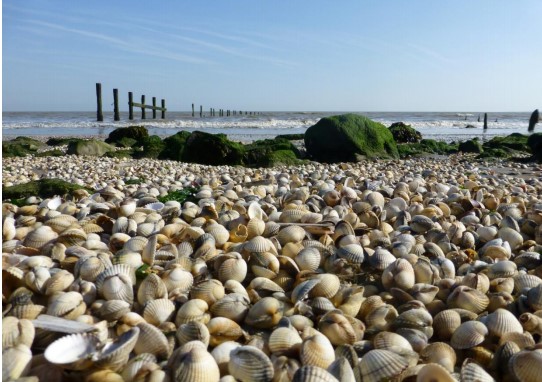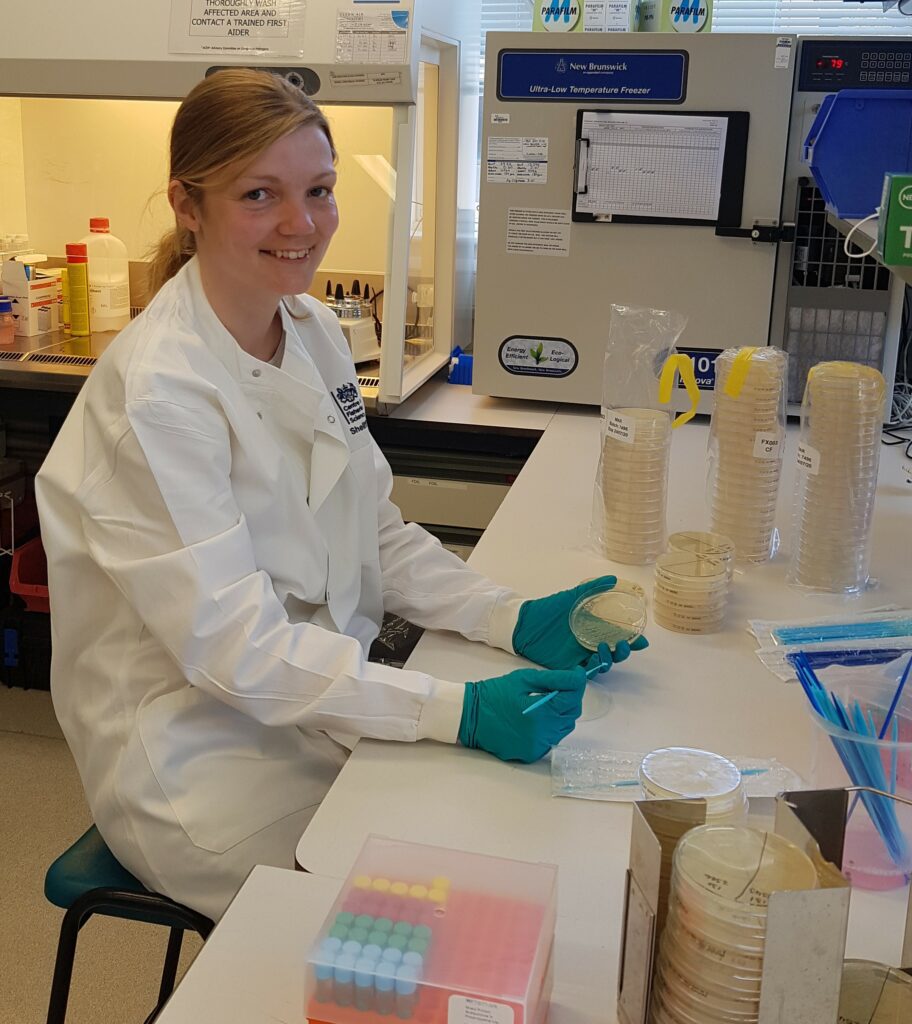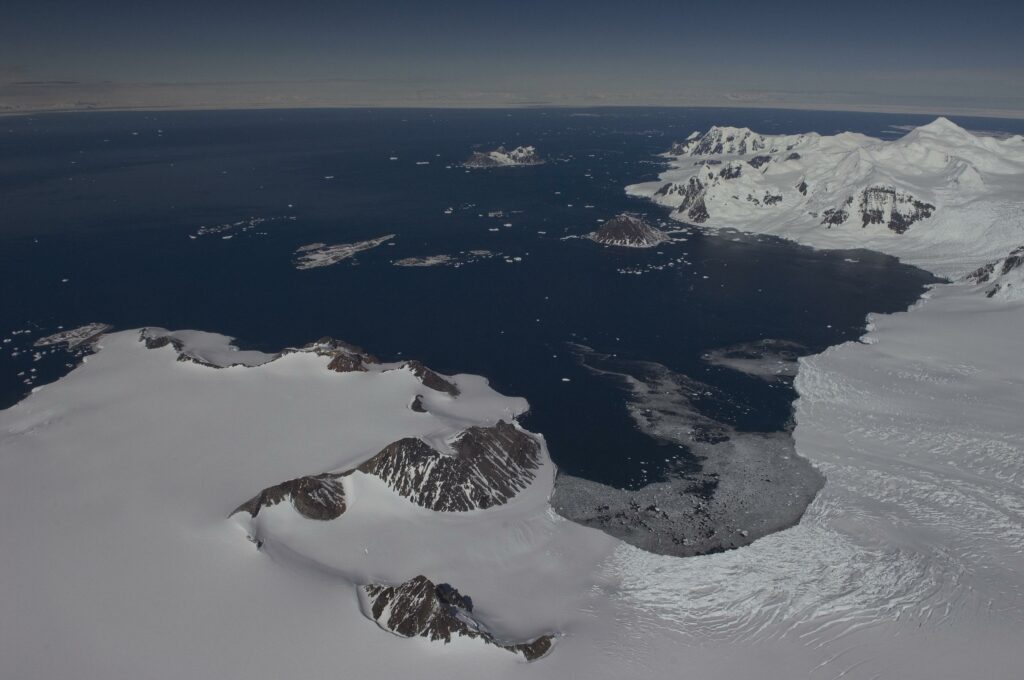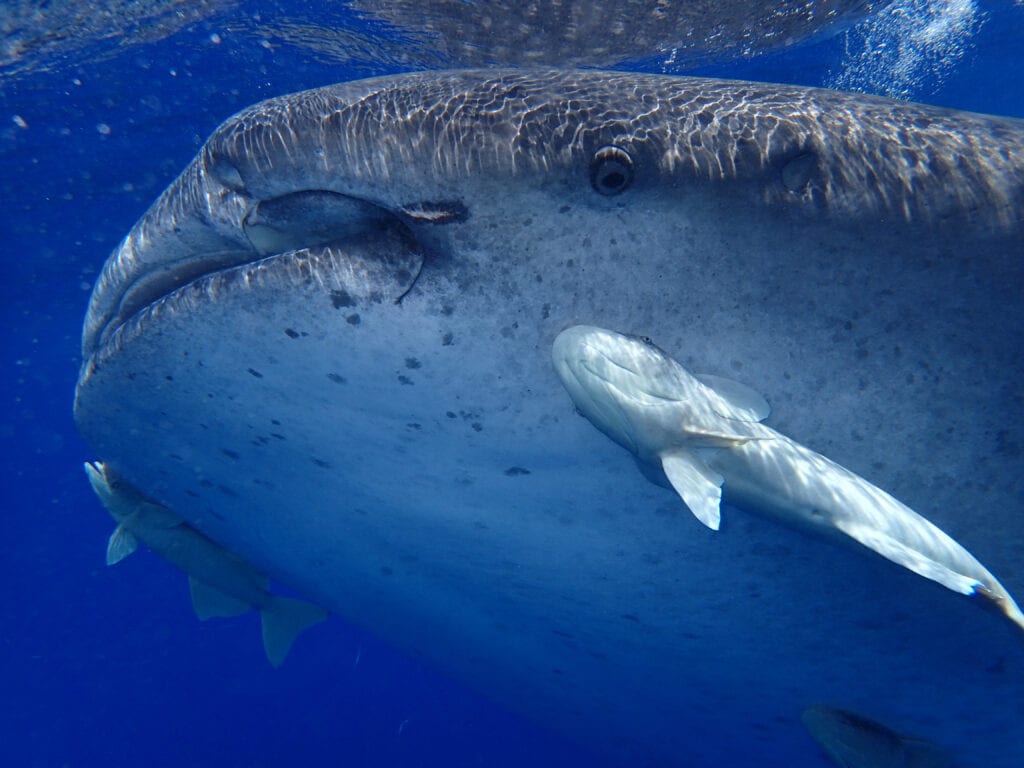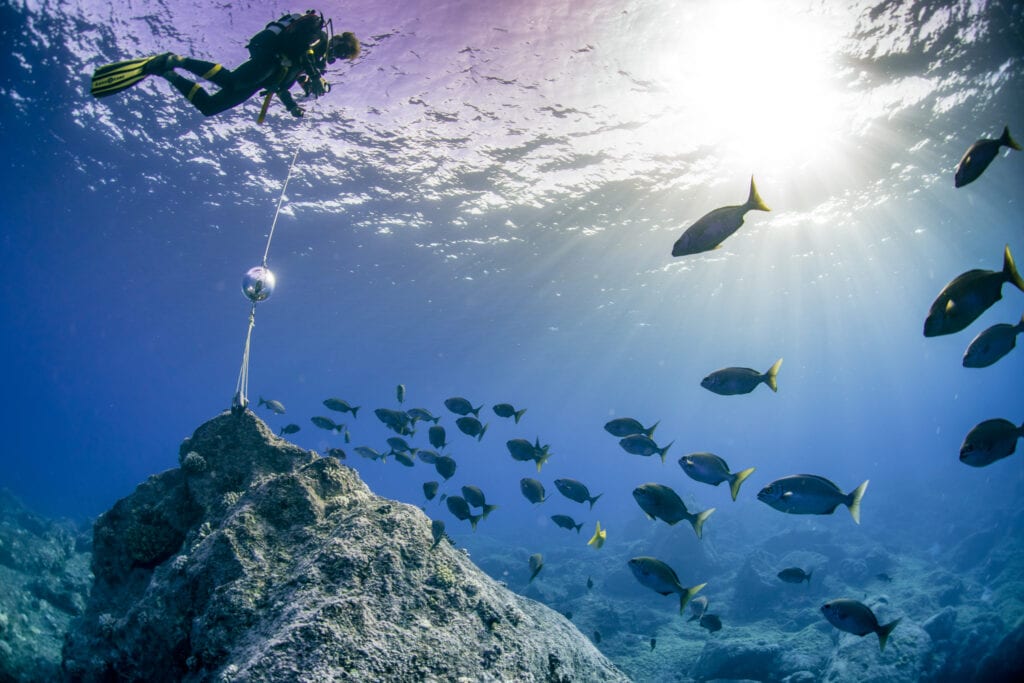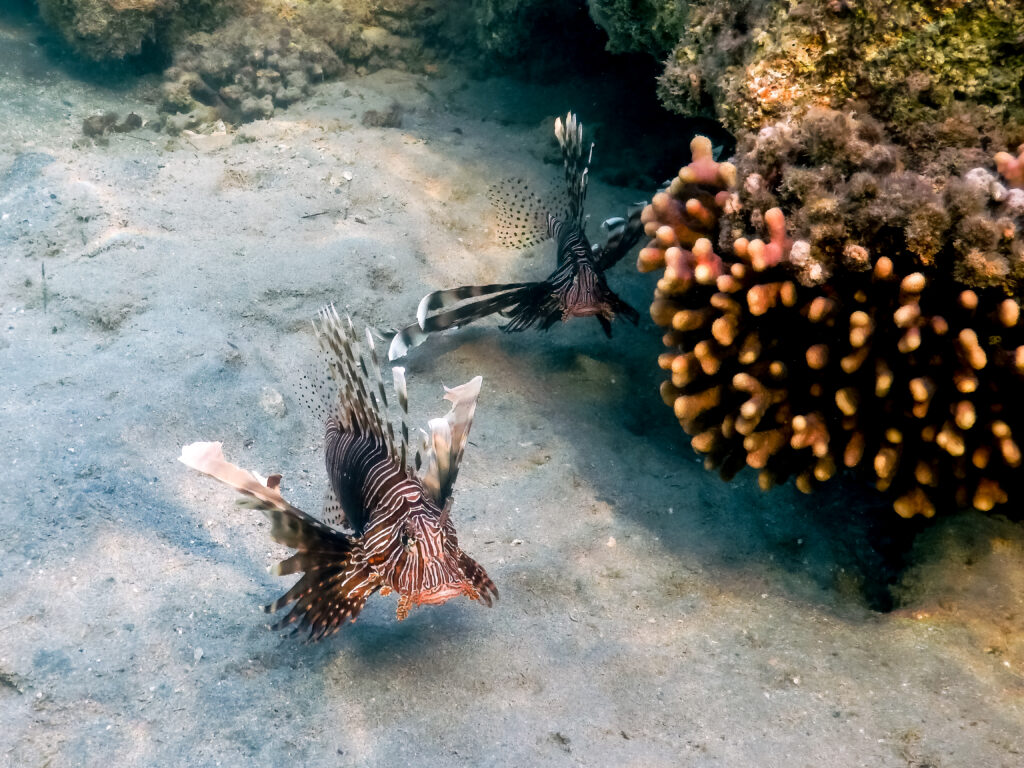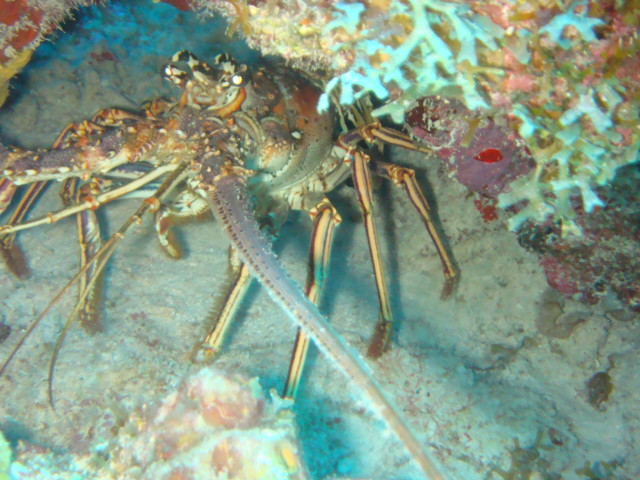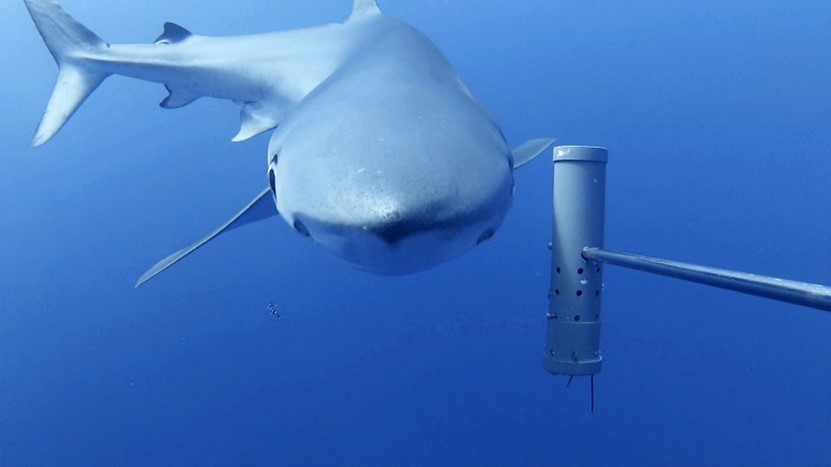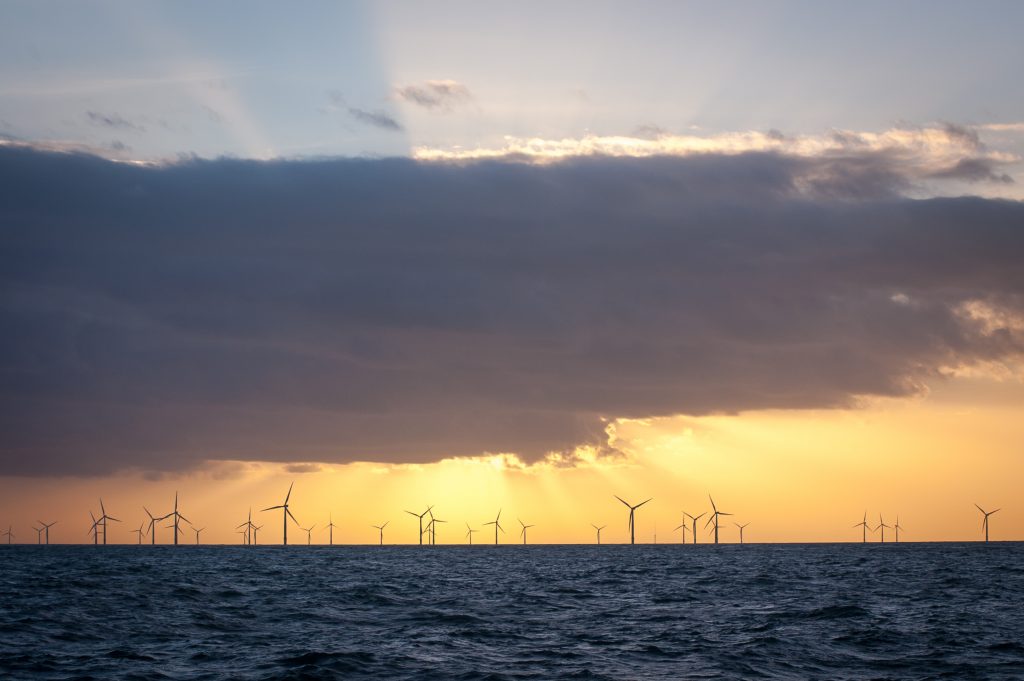Fish Health Inspectorate: protecting wild and farmed aquatic animals
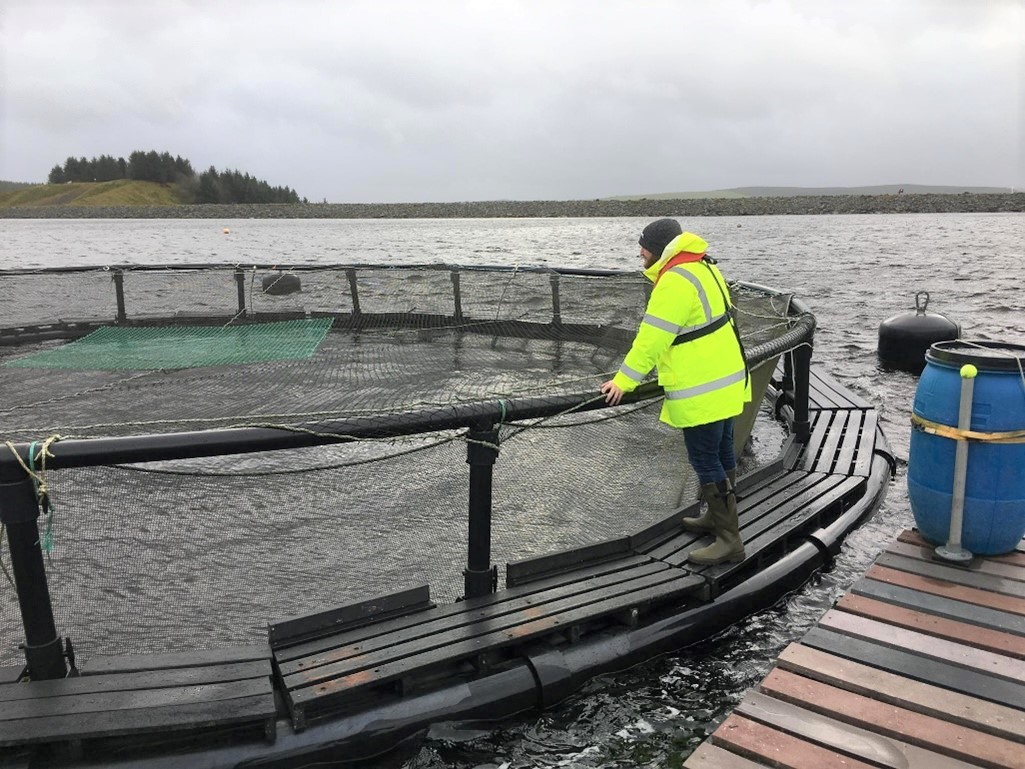
Serious diseases pose a threat to aquatic animal health both in aquaculture and in the wild. Many of these diseases have no effective treatment and have the potential to cause high numbers of mortalities in aquatic animals, with the consequent …
